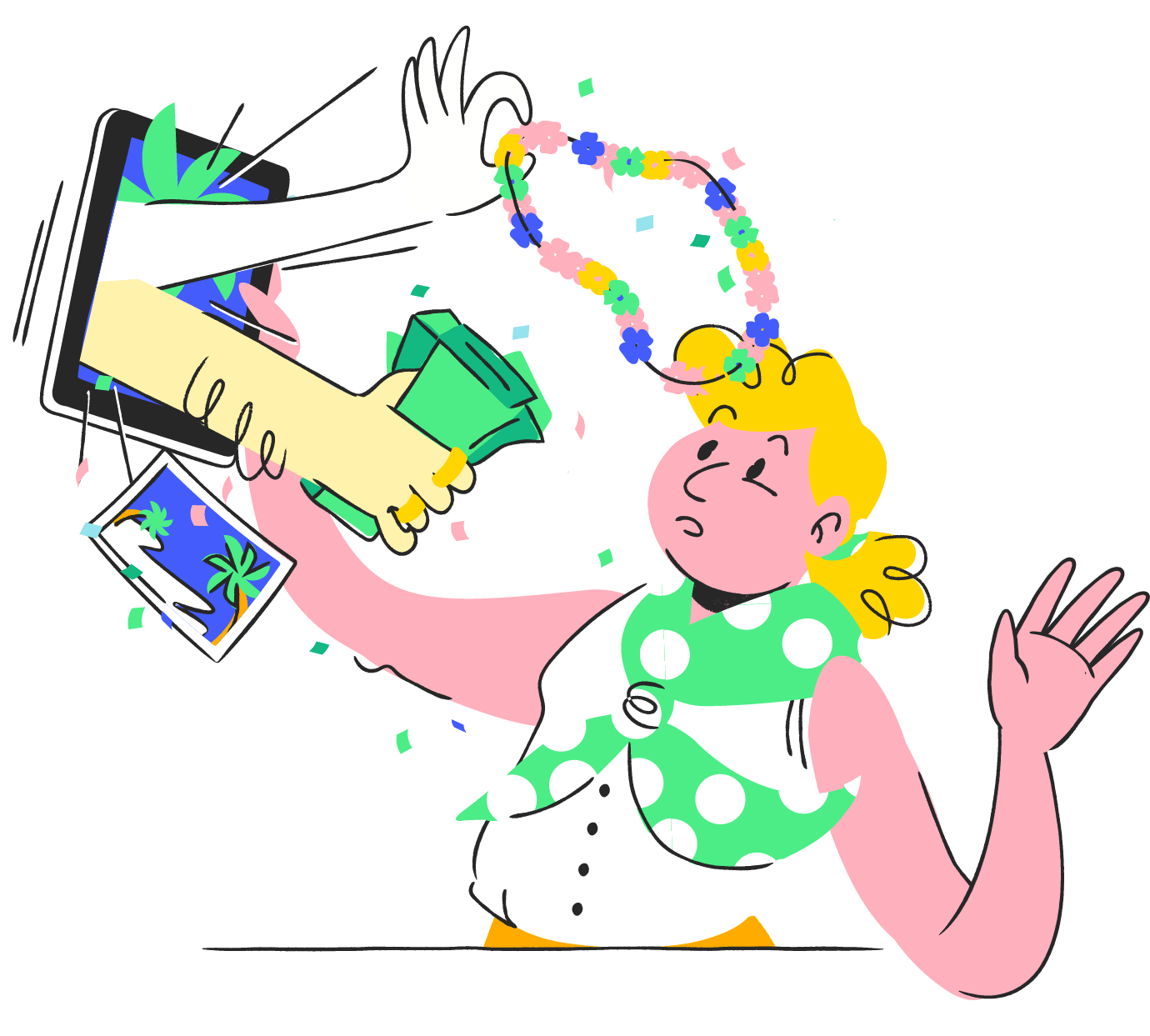Bad news out of the blue? News too good to be true? No matter the scheme, we can apply the three rules to spot the scam.
Romance scams

Romance scammers may have a silver tongue, but they’re going for your gold.
Slow down
Watch out for sudden urgency
Even if the romance has built slowly over time, a scammer’s request for money can come on quite urgently.
Spot check
Do a search of your admirer
Often scammers will set up accounts using stolen photos from the internet. Search for their name or their photo to verify that they are who they say they are.
Stop! Don’t send
Say no to gift cards
In extraordinary situations, you might offer to buy your suitor a physical item. If they insist on a gift card or wire transfer instead, it’s a scam.
Bad news scams

Many scammers hunt for victims with calls or emails claiming to be from a government agency or bank. You’re wise to be skeptical of anyone who demands payment out of the blue.
Slow down
Ask clarifying questions
Government employees aren’t paid on commission. If a scammer gets irritated when you try to slow it down, they’re probably a fraud.
Spot check
Check with the organization directly
Don’t use contact details provided by the caller. Do your own research to find an official number or website.
Stop! Don’t send
Don’t agree to odd payments
You should never pay a bill with a gift card, wire transfer or Bitcoin. Any reputable organization will ask for credit card or check.
Good news scams

Scammers may call out of the blue to say that you are owed lottery winnings, a vacation, prize, or rebate—but must make a payment to claim it. Never pay upfront to receive winnings later.
Slow down
Ask a trusted advisor for help
Seek advice from a family member or friend, lawyer, accountant, or financial planner if you aren’t sure whether this good news is real.
Spot check
Get more info about the prize
A quick search on the internet should help you see if such a contest or sweepstakes actually exists. If there’s no evidence, it’s likely a scam.
Stop! Don’t send
Don’t pay for a prize
Processing fees or taxes may seem small relative to the promised sum, but once they get some money from you, the payout never arrives.